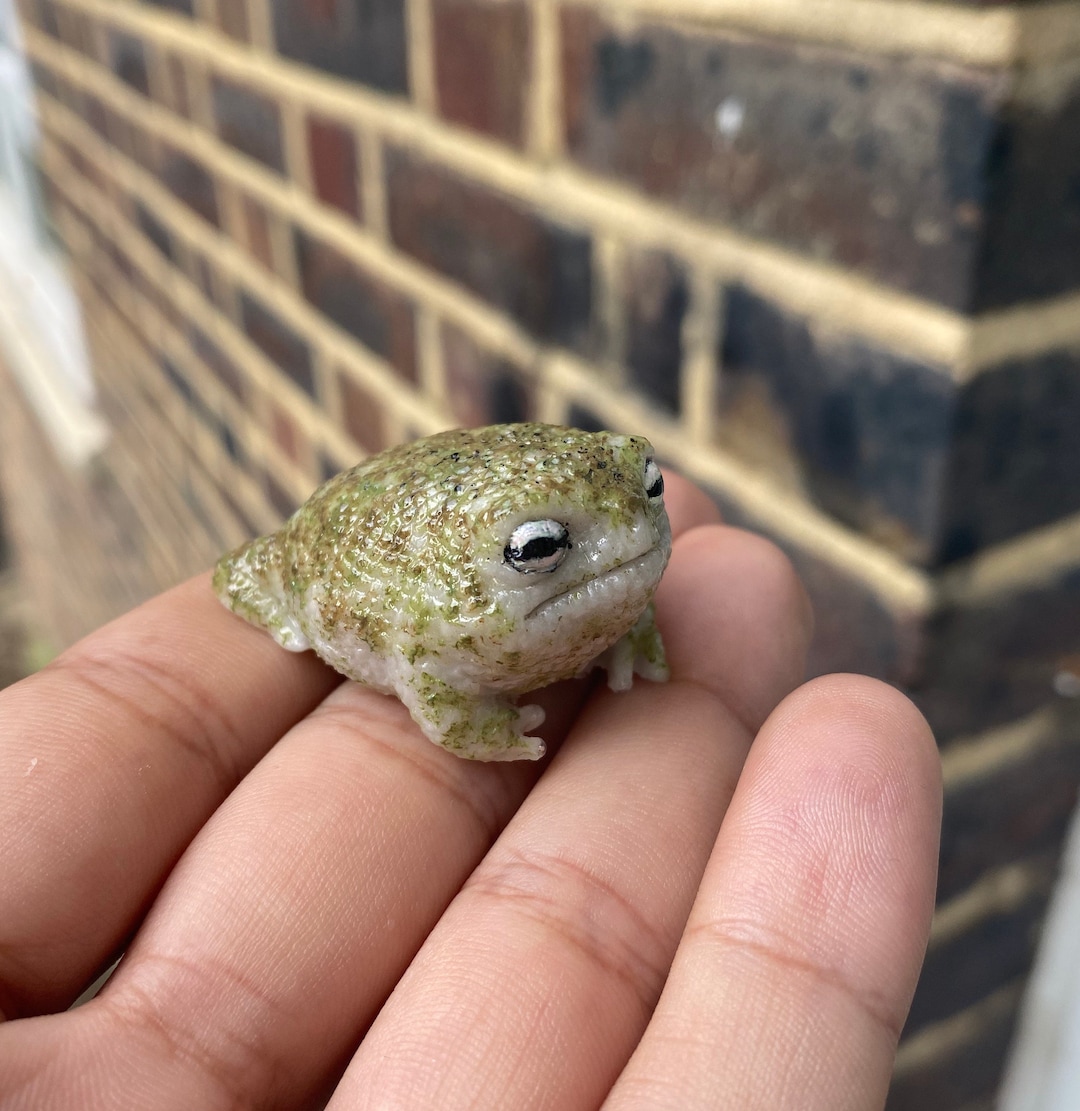Check Out Rain Frog for Sale: Raise Your Animal Game with a Distinct Amphibian Close Friend!
Check Out Rain Frog for Sale: Raise Your Animal Game with a Distinct Amphibian Close Friend!
Blog Article
Common Health And Wellness Issues in Reptiles: Signs And Symptoms and Solutions
In the intricate world of reptile treatment, understanding the common health problems that may impact these special animals is extremely important in guaranteeing their well-being. From breathing infections that can quietly take hold to metabolic bone illness that can incapacitate, reptiles are vulnerable to a variety of conditions that need keen observation and timely intervention. Whether it's facing parasitical problems, navigating dehydration problems, or attending to skin conditions that materialize in subtle ways, being in harmony with the signs and furnished with the understanding of efficient options is necessary for any type of reptile owner. By delving further right into the subtleties of these health and wellness problems and checking out the useful solutions available, one can safeguard the health and wellness and vigor of these interesting animals.
Respiratory Infections
Respiratory infections in reptiles can significantly impact their overall wellness and call for prompt attention from experienced veterinarians. In reptiles, respiratory infections can be particularly challenging to diagnose and treat due to their unique composition and physiology.
Therapy for breathing infections in reptiles generally includes a combination of supportive treatment, such as preserving appropriate humidity degrees and temperature level slopes in the unit, along with targeted medicine to deal with the particular pathogen liable for the infection. It is essential for reptile owners to check their family pets very closely for any kind of indications of respiratory distress and seek veterinary treatment at the earliest indication of a concern. With timely intervention and proper treatment, lots of reptiles can recuperate fully from respiratory system infections and return to regular activities.

Metabolic Bone Condition
What elements add to the growth of Metabolic Bone Disease in reptiles?
Metabolic Bone Illness (MBD) in reptiles is mainly created by a lack of proper calcium, phosphorus, and vitamin D3 degrees in their diet. Furthermore, poor direct exposure to UVB light prevents reptiles from synthesizing vitamin D3, which is important for calcium absorption and bone health and wellness.
Other adding variables to MBD consist of inappropriate temperature level slopes within the reptile's habitat, bring about lowered metabolism and impaired calcium absorption. Insufficient humidity levels can also impact a reptile's capacity to metabolize calcium effectively. Certain reptile types have specific nutritional needs that, if not satisfied, can boost the chance of developing MBD. Routine vet examinations, correct husbandry methods, and a well balanced diet regimen are vital to prevent Metabolic Bone Condition in reptiles.
Parasitical Problems
Parasitical invasions pose a substantial wellness danger to reptiles, impacting their total health and needing prompt vet attention. Reptiles can be influenced by different parasites, including mites, ticks, inner worms, and protozoa. These parasites can create a series of symptoms, such as weight-loss, sleepiness, skin inflammation, diarrhea, and even fatality if left neglected.
One usual parasite discovered in reptiles is the mite, which can create skin irritability, anemia, and tension. Ticks are one more exterior parasite that can trigger and send diseases discomfort to the reptile. Interior bloodsuckers like worms and protozoa can bring about gastrointestinal problems, lack of nutrition, and weaken the reptile's immune system.
To identify a parasitical invasion, a vet might execute fecal examinations, skin scrapings, or blood examinations. Treatment frequently includes deworming medications, antiparasitic baths, or in serious situations, a hospital stay. Preventative steps such as routine veterinary examinations, proper hygiene, and quarantine procedures for new reptiles can aid minimize the risk of parasitic invasions and make sure the health of reptile pet dogs.
Dehydration and Hydration Issues
Dehydration in reptiles can considerably impact their wellness and health, demanding timely intervention and proper hydration administration. If left without treatment, dehydration can lead to major health problems and even be deadly to the reptile.
To stop dehydration, reptile proprietors ought to ensure that their pet dogs have access to clean water in any way times. The water meal need to be big enough for the reptile to soak in if required, especially for types that absorb water with their skin. Furthermore, keeping correct humidity degrees read this in the reptile's unit and providing normal baths can aid stop dehydration.
In situations of dehydration, it is essential to look for veterinary care without delay. A veterinarian might administer fluids either orally or with shots to rehydrate the reptile. It is necessary to address the underlying reason of dehydration to avoid reappearance and make sure the reptile's overall wellness.
Skin Disorders

Final Thought

Respiratory infections in reptiles can considerably affect their general health and call for timely focus from seasoned vets (rain frog for sale). Preventative steps such as regular vet exams, appropriate hygiene, and quarantine treatments for new reptiles can assist minimize the threat of parasitic problems and make resource certain the well-being of reptile pet dogs
If left unattended, dehydration can lead to major wellness problems and even be deadly to the reptile.
Frequently examining your reptile for any type of modifications in skin color, appearance, or texture can aid in early discovery and treatment of skin disorders, promoting the total health and wellness and wellness of your flaky buddy. - rain frog for sale
In verdict, reptiles are prone to numerous health and wellness concerns such as respiratory infections, metabolic bone illness, parasitical infestations, dehydration, and skin conditions.
Report this page